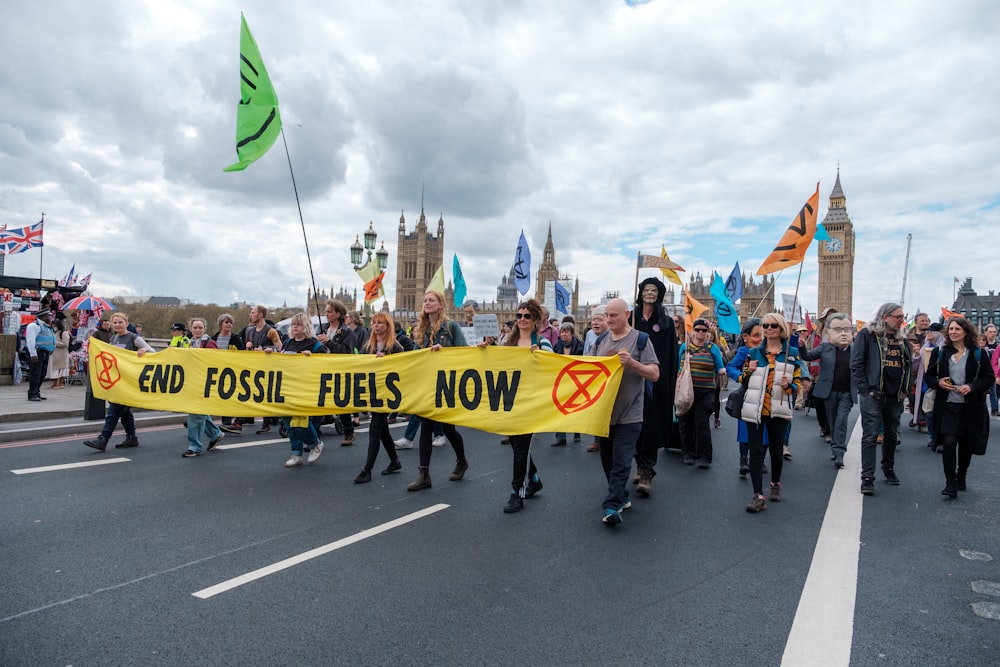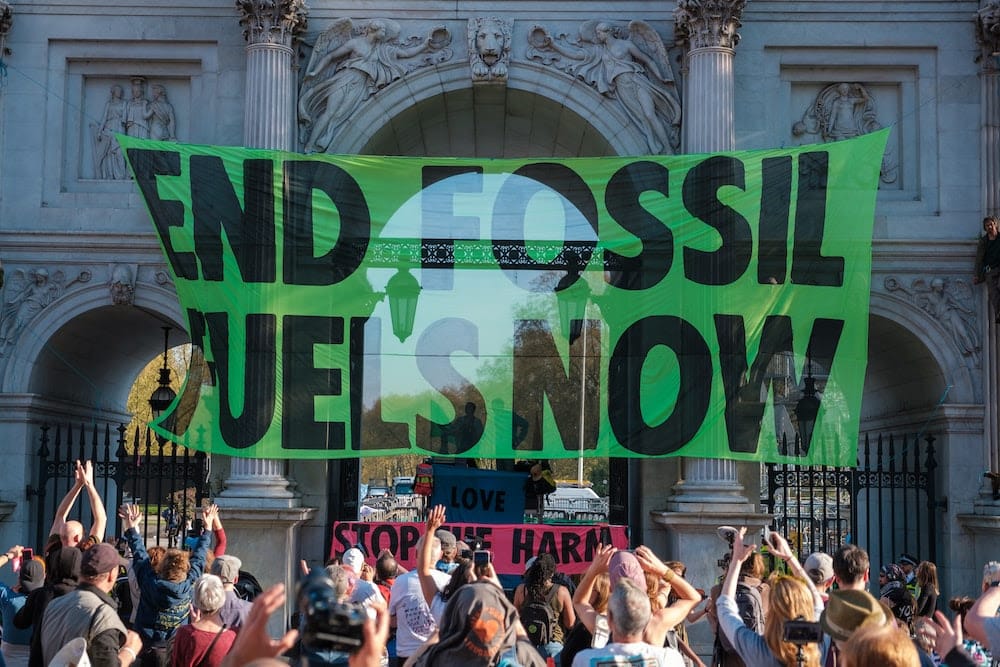
Dependence on fossil fuels has negative consequences for climate change, economic autonomy, cost control, purchasing power, and national and European sovereignty, according to several French energy leaders.
The findings and proposals set out in the article published in L’Express magazine highlight the fragility of the current system, and the need to move quickly out of it.
The conflict in Ukraine has highlighted the fragility of the geopolitical balance in the region and has had the immediate effect of driving up energy prices, particularly for oil and gas, to historic levels.

Already since the end of 2021, fossil fuel prices have risen sharply as a result of developments in the carbon market and the economic recovery. This situation demonstrates the need for a country like France, and more broadly for Europe, to accelerate the energy transition to move towards carbon neutrality by 2050 and reduce dependence on fossil fuels.
France already produces highly decarbonized electricity but remains dependent on oil and gas products for over 60% of its energy consumption.
The effects of this dependence on non-EU countries, over and above the climatic impact, make France vulnerable to geopolitical issues and the effects of decisions over which it has no control, reducing its room for maneuver and widening its deficit. The massive import of fossil fuels, worth 45 billion euros in 2019, for example, has an impact on public accounts and purchasing power, since, with the price of gas constantly on the rise, the energy bill is also steadily increasing.
Recent developments in the energy market have put an end to the myth that fossil fuels are abundant, cheap, and convenient, but we need to ask ourselves about the implications of our dependence on them, and what we can do to get away from them.

This means explaining the impact of gas, petrol, and heating oil bills on the climate, purchasing power, and diplomatic issues. We also need to educate people about the objectives to be achieved in terms of energy savings and decarbonization and focus on energy substitution rather than the superposition of energy sources.
This also means putting an end to the opposition between different approaches, such as nuclear versus renewable energies, or efficiency versus energy sobriety. It will then be possible to favour a global approach and focus on the two main challenges of carbon neutrality and dependence on fossil fuels.
By 2050, France must reduce its energy consumption by 40% to meet these climate targets. To achieve this goal, we need to leverage both energy efficiency and sobriety and consume less as well as consume better.

To replace fossil fuels and regain its energy sovereignty, France will have to invest heavily in decarbonized energies, whether nuclear, hydraulic, solar, wind, biogas, or hydrogen, to take all use into account.
This transition cannot be achieved without modernizing the energy production system and transport networks, improving the flexibility of consumption and storage, and getting consumers on board.
The agricultural sector will have a major role to play in continuing to supply the energy sector, and in making agricultural bio-energy deposits available. The industrial and construction sectors will also have to modernize and reduce their carbon footprint, in particular by stepping up measures to promote energy-efficient renovation of buildings and housing.In France, our nuclear and hydroelectric power plants have already helped to reduce our dependence on fossil fuels for energy production, and we need to mobilize rapidly to take the next step, which is to free ourselves from fossil fuels.




